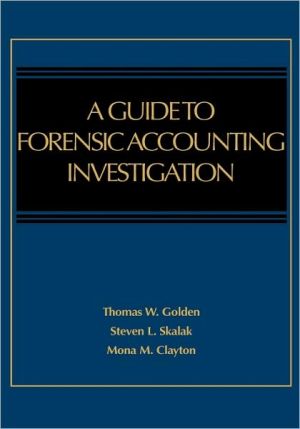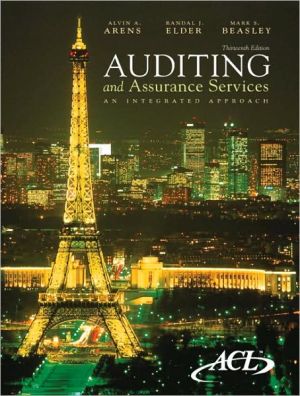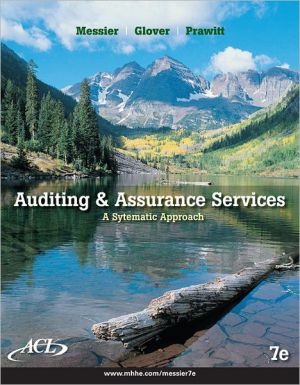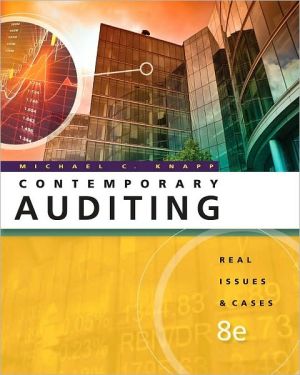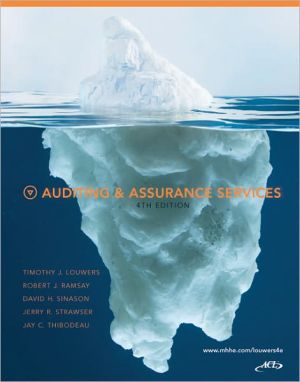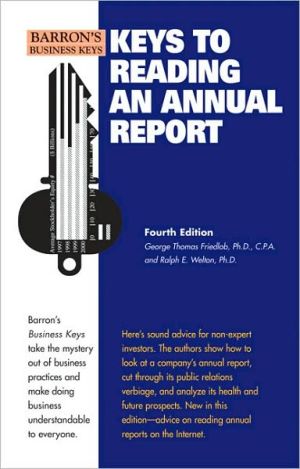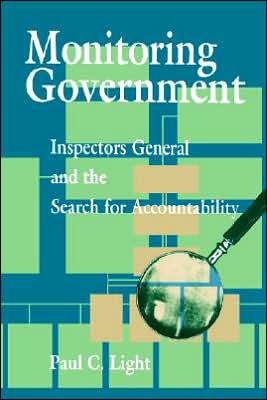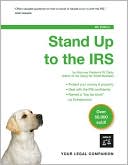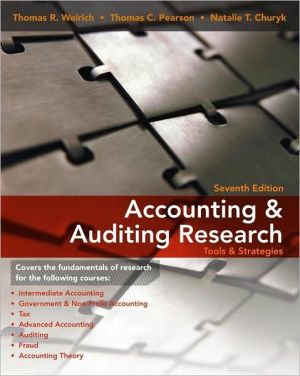Auditors Guide To Forensic Acc
Today's demanding marketplace expects auditors to take responsibility for fraud detection, and this expectation is buoyed by such legislation as the Sarbanes-Oxley Act and the Auditing Standard (SAS99), which requires increased performance on the part of the auditor to find material financial statement fraud.\ Written by three of the best forensic accountants and auditors, Thomas W. Golden, Steven L. Skalak, and Mona M. Clayton, The Auditor's Guide to Forensic Accounting Investigation...
Search in google:
Today’s demanding marketplace expects auditors to take responsibility for fraud detection, and this expectation is buoyed by such legislation as the Sarbanes-Oxley Act and the Auditing Standard (SAS99), which requires increased performance on the part of the auditor to find material financial statement fraud.Written by a group of the best forensic accountants and auditors at PricewaterhouseCoopers, The Auditor’s Guide to Forensic Accounting explores exactly what assurances auditors should provide and suggests alternatives to giving the capital markets more of what they are requiring–greater assurances that the financial statements they rely upon for investment decisions are free of material error, including fraud. It reveals the surprising complexity of fraud deterrence, detection, and investigation, and offers a step-by-step approach to understanding that complexity.From basic techniques to intricate tests and technologies, The Auditor’s Guide to Forensic Accounting is a rich, multifaceted, and fascinating answer to the need for wiser, savvier, better-trained financial statement and internal auditors who are thoroughly familiar with fraud detection techniques and the intricate, demanding work of forensic accounting specialists.
catalogimages.wiley.com/images/db/pdf/0471469076.excerpt.pdf
Preface. Acknowledgments. 1 Fraud: An Introduction. 2 The Roles of the Auditor and the Forensic Accounting Investigator. 3 Psychology of the Fraudster. 4 Financial Reporting Fraud and the Capital Markets. 5 Auditor Responsibilities and the Law. 6 Independence, Objectivity, Skepticism. 7 Forensic Investigations and Financial Audits: Compare and Contrast. 8 Potential Red Flags and Fraud Detection Techniques. 9 Internal Audit: The Second Line of Defense. 10 Financial Statement Fraud: Revenue and Receivables. 11 Financial Statement Fraud: Other Schemes and Misappropriations. 12 When and Why to Call In Forensic Accounting Investigators. 13 Teaming with Forensic Accounting Investigators. 14 Potential Missteps: Considerations When Fraud Is Suspected. 15 Investigative Techniques. 16 Anonymous Communications. 17 Background Investigations. 18 The Art of the Interview. 19 Analyzing Financial Statements. 20 Data Mining: Computer-Aided Forensic Accounting Investigation Techniques. 21 Building a Case: Gathering and Documenting Evidence. 22 Supporting a Criminal Prosecution. 23 Report of Investigation. 24 Working with Attorneys. 25 Conducting Global Investigations. 26 Money Laundering. 27 Other Dimensions of Forensic Accounting. 28 Looking Forward: The Future of Forensic Accounting Investigation. Index.
